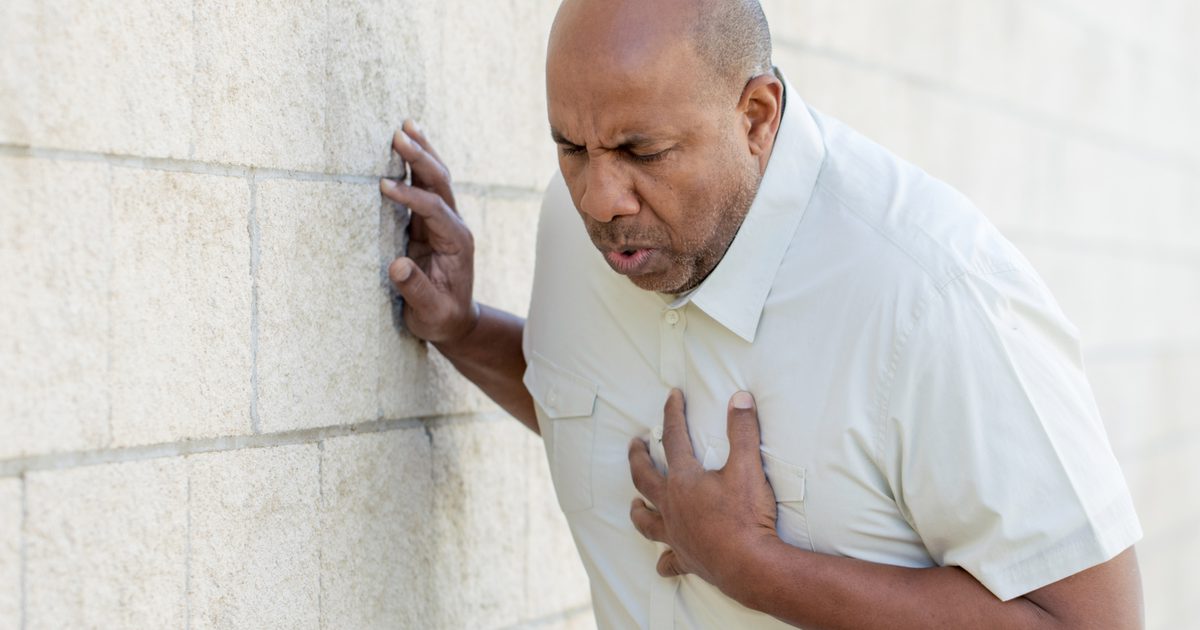Early Warning Signs Of Heart Failure
Chest Pain

Severe chest pain is a very dangerous condition. Those who experience this pain, and anyone observing them, should immediately call emergency services. An individual who suffers from this sudden intense pain may be experiencing a heart attack and require immediate cardiopulmonary resuscitation (CPR) efforts to survive. The American Heart Association recommends giving CPR while waiting for an ambulance to arrive. Give first aid by using the hands-only technique. Use two hands, one placed over the back of the other one, and then make chest compressions at the tempo of one hundred to 120 beats per minute. This is the speed of the music beat from the classic disco song Staying Alive.
Not all heart problems start with a warning that includes pain in the chest. However, any chest pain, even if it's only a mild, dull pain may be a warning sign of heart problems.
Increased Urination At Night

Patients with heart failure may notice increased urination at night. This occurs as a result of the fluid retention associated with the condition. As urinary frequency increases during the overnight hours, individuals often find their sleep is disrupted, which could lead to the development of additional health issues, and it might worsen existing health concerns. Older adults with heart failure are especially likely to experience increased nighttime urination. They typically need to use the bathroom more than two times during the night. To manage increased urinary frequency, doctors may suggest patients change the time at which they take diuretics and other medication. It can be helpful to empty the bladder frequently before the sensation of urgency occurs, and patients could benefit from reducing their intake of caffeine, sugar, and other substances that stimulate the bladder. The use of a portable toilet placed beside the patient's bed could reduce the amount of disruption caused by increased urination at night.
